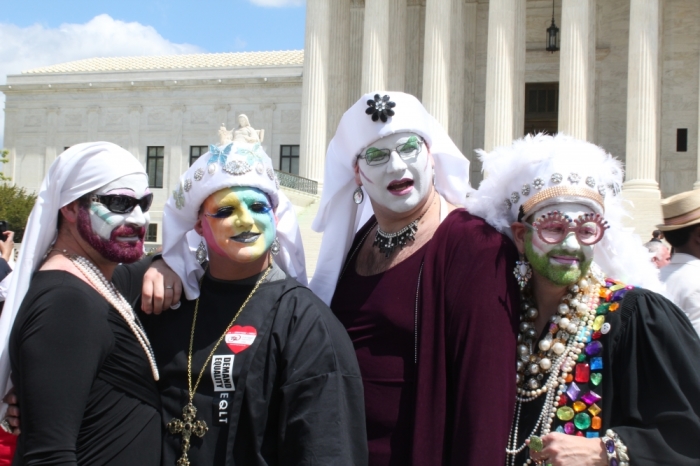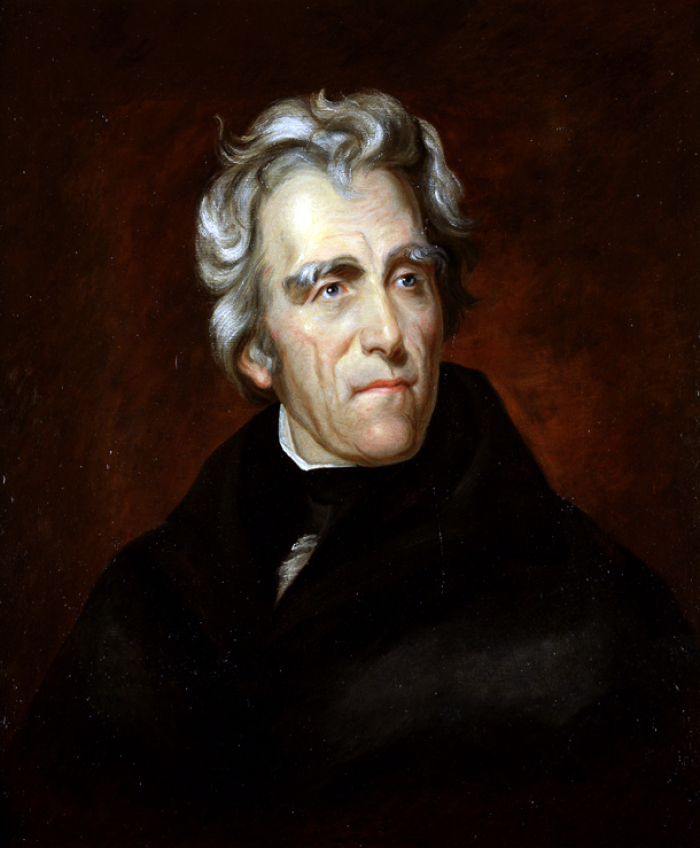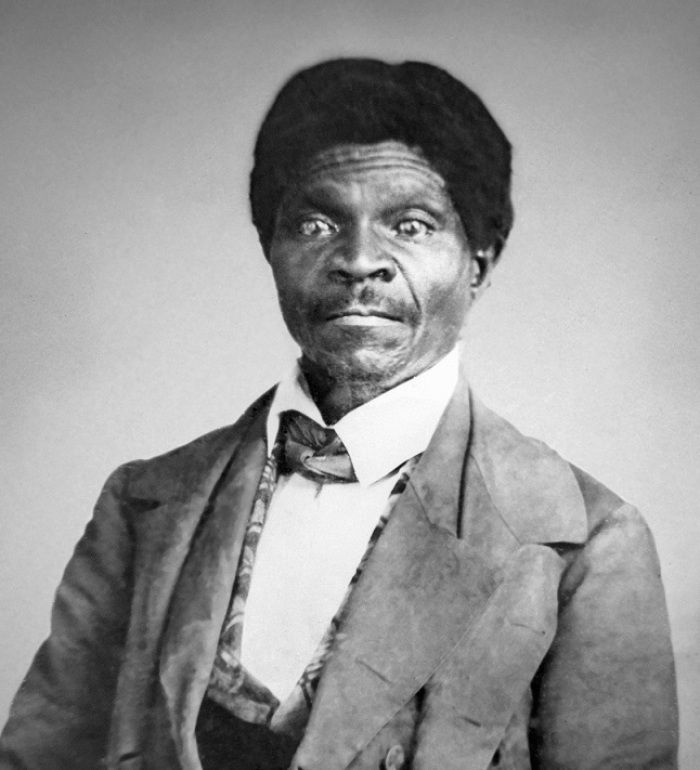5 Landmark Supreme Court Decisions That Didn't Resolve Anything

As June rolls on, many Americans are waiting for the U.S. Supreme Court to deliver a landmark decision on whether or not states can ban gay marriage.
Many legal experts believe the court will strike down the bans, thus declaring gay marriage a constitutional right.
Although it's a landmark decision and while many might see it as the end of the debate, a quick survey of American history shows that landmark Supreme Court decisions can be a little overrated on the landmark part.
So, without further delay, below are five examples of highest court rulings that ultimately had little effect on resolving the debates they intervened on.
1. Worcester v. Georgia, 1832

In the early 19th century, the young nation was spreading westward and oftentimes displacing sovereign Native American tribes in the process.
During the 1830s, two cases went before the Supreme Court regarding the rights of Cherokees in the state of Georgia.
While in the first case of Cherokee Nation v. Georgia the court concluded it did not have jurisdiction, in the Worcester v. Georgia case, it decided it did.
Worcester was a pro-Indian missionary who was imprisoned by Georgian authorities for refusing to get a license for living in Cherokee territory.
Headed by John Marshall, the highest court ruled against Georgia, concluding that the Cherokee were an independent entity.
"In the majority opinion Marshall wrote that the Indian nations were 'distinct, independent political communities retaining their original natural rights' and that the United States had acknowledged as much in several treaties with the Cherokees," noted Georgia Encyclopedia.
"Although it had surrendered sovereign powers in those treaties with the United States, he wrote, the Cherokee Nation remained a separate, sovereign nation with a legitimate title to its national territory. Marshall harshly rebuked Georgia for its actions and declared that the Cherokees possessed the right to live free from the state's trespasses."
For its part Georgia simply ignored the decision and eventually deported the Cherokees westward in an event known as the "Trail of Tears."
President Andrew Jackson refused to enforce the court's ruling, purportedly saying, "John Marshall has made his decision; now let him enforce it!"
2. Dred Scott v. Sandford, 1857

From the American Revolution and throughout the Antebellum Era, slavery was a major hot-button issue in American politics.
Dred Scott was a slave whose master moved to a free state in the North. In 1846, Scott sued for his freedom, arguing in part that by living in a state that abolished slavery he should no longer be a slave.
In a 7-2 decision, the highest court ruled against Scott. Chief Justice Roger Taney wrote: "A free negro of the African race, whose ancestors were brought to this country and sold as slaves, is not a 'citizen' within the meaning of the Constitution of the United States."
Despite the pro-slavery ruling, within months of the decision Scott's owners freed him due to the public controversy.
The Taney decision was eventually overturned via the passage of the 13th and 14th Amendments which abolished slavery and granted citizenship to those born on American soil.




























